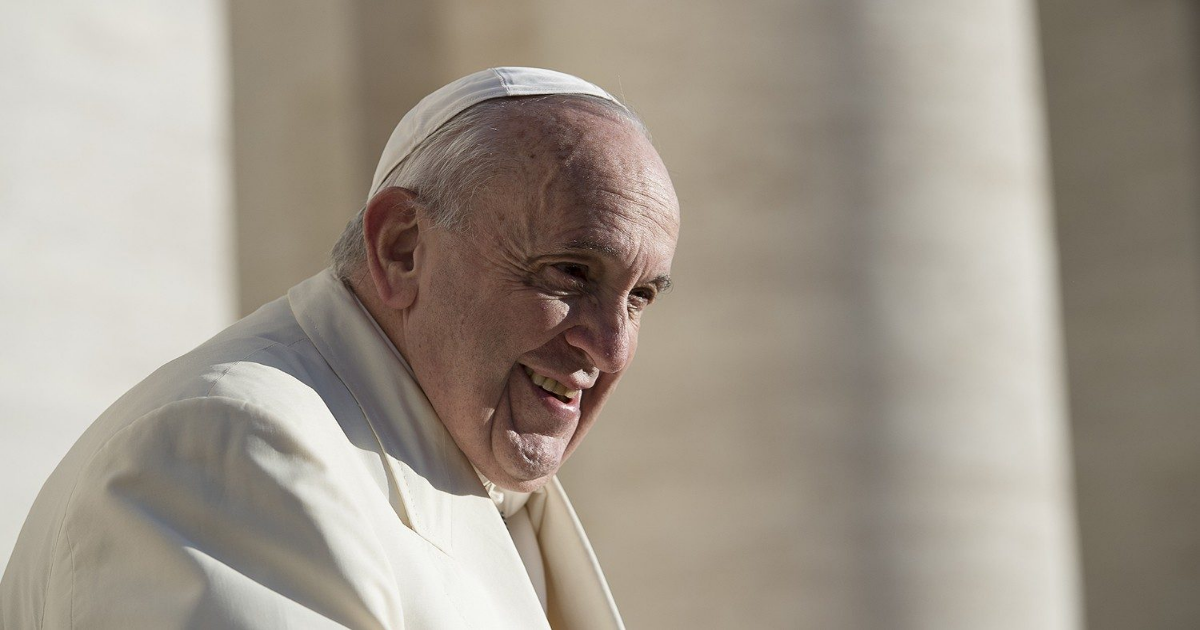By Helen Alford, Alfonso Apicella, Leonardo Becchetti, Giulio Guarini, Riccardo Moro, Gianni Vaggi*
Today, the world and its leaders pay tribute to a pontiff—Pope Francis—who tirelessly preached and reminded us, even to the point of exhaustion, to view history from the perspective of the least and the marginalised. He warned that “this economy” can kill and that markets alone are insufficient.
Pope Francis consistently emphasised that an economy that kills ultimately risks self-destruction through a spiral of financial, debt, and social crises, compounded by the climate emergency. His reflections and warnings deserve serious attention—not only for ethical and moral reasons but also for the broader pursuit of the common good and the search for solutions that prevent further dramatic events and safeguard the survival of the planet and the fabric of human coexistence.
If those who honour him today truly wish to carry forward his spiritual legacy, they could begin by seizing the opportunity of the Jubilee to fulfil one of his major hopes:
Using this moment to establish mechanisms of compensation between the “ecological debt” of wealthy countries and the foreign debt of poorer nations, a burden that has become increasingly unsustainable, worsened by the current global macroeconomic environment of high interest rates and the unequal treatment of debtor nations.
It is a reality that, in many low- and middle-income countries today, debt servicing consumes more resources than investments in health and education, condemning large segments of the new generations to persistent poverty.
The concept of ecological debt, introduced by Pope Francis in Laudato Si’, asserts that historically, wealthy countries have consumed a disproportionately large share of the “right to pollute” without compensating poorer countries, which have contributed far less to global pollution but suffer its consequences.
Following Pope Francis’s practical approach, we propose combining this ethical vision with actionable steps by promoting debt conversion initiatives focused on ecological transition investments. Although partial, such initiatives can significantly ease the debt burden for debtor nations while also serving the interests of creditor countries for at least four reasons:
- Combating global warming through emission mitigation is a global public good that requires the efforts of all, including low- and middle-income countries.
- Investments in climate adaptation in debtor countries—often located in the areas most affected by the climate emergency—are essential to reducing the risk of insolvency
- The climate crisis is making the balance between resources and population unsustainable in many of these countries, fueling climate migration that risks creating even greater and harder-to-manage flows at the doors of high-income countries and within the poorer ones.
- Debt crises always lead to political instability, both nationally and globally.
Converting part of debt and interest payments into a guarantee fund for mitigation and adaptation projects, such as initiatives to fight energy poverty and build renewable energy facilities with public involvement, would thus serve the dual purpose of promoting ecological transition and reducing poverty in debtor nations.
Without entering into the technical details of implementation, such an initiative, if carried out with the active engagement of governments, civil society, and local communities, could also generate broader benefits, especially for the most vulnerable countries unable to service their debt. It could attract additional financing from regional development banks and leverage the reallocation of Special Drawing Rights pledged by some creditor countries for global development initiatives.
Pope Francis’s spiritual legacy begins with a theological, pastoral, and anthropological commitment to safeguarding the dignity of every person. In his later years, notably with Fratelli Tutti, he emphasised the theme of lost fraternity—the essential bond whose absence renders freedom and the pursuit of equality ineffective.
Conflicts between regions and nations, economic rivalries, and the pursuit of power generate crises and violence that damage human relationships.
The necessary response is to nurture the planet with relational intelligence, strengthening personal and institutional human relationships.
Drawing on Pope Francis’s legacy, we are invited to take a step forward on this journey.
*Helen Alford, President of the Pontifical Academy of Social Sciences Alfonso Apicella, Senior Officer for Global Advocacy Campaigns at Caritas Internationalis Leonardo Becchetti, University of Tor Vergata, Director of the National Festival of Civil Economy Luigino Bruni, LUMSA University, Founder of the Economy of Francesco Iftekhar Hasan, Fordham University, Editor of the Journal of Financial Stability Phoebe Koundouri, University of Athens, Chair of the World Council of Environmental and Resource Economists Associations Giulio Guarini, University of Tuscia Riccardo Moro Gianni Vaggi, University of Pavia
Stefano Zamagni, former President of the Pontifical Academy of Social Sciences
